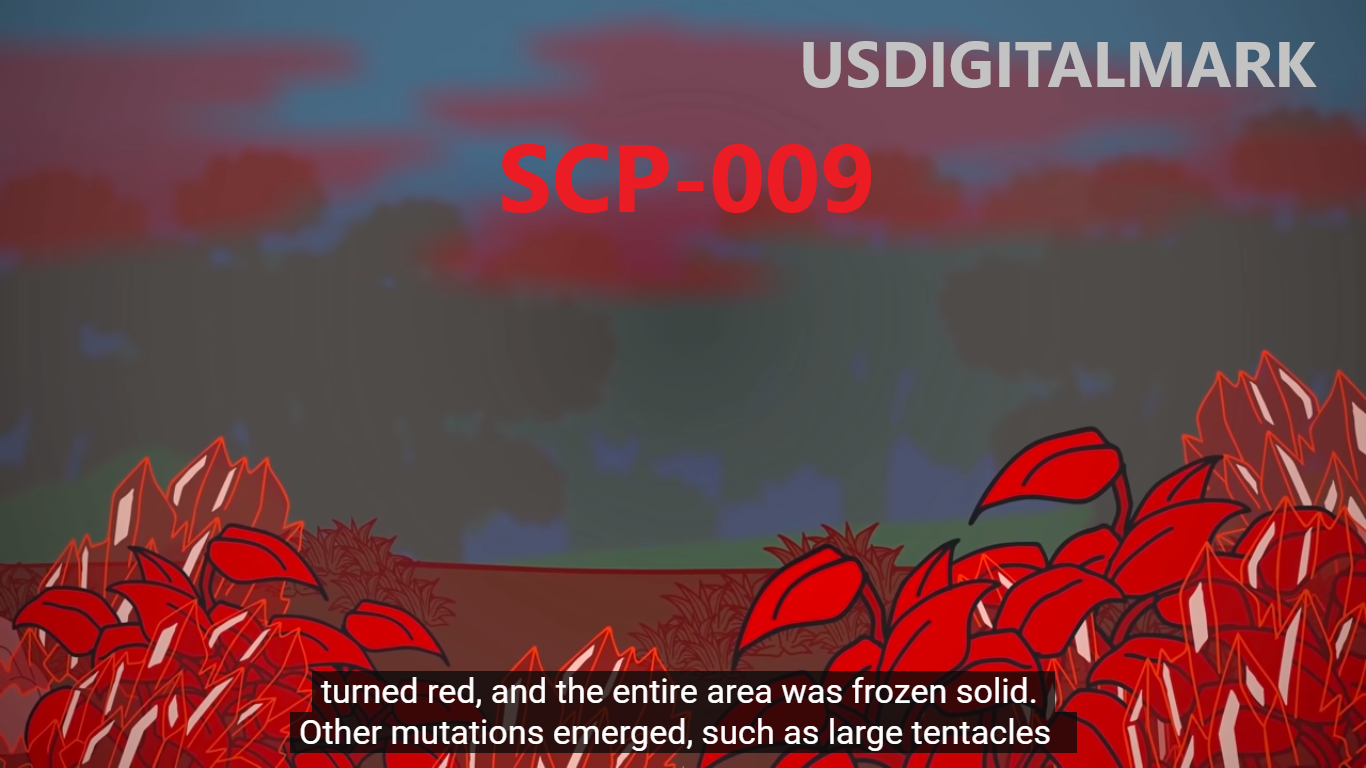Few scientific theories have stirred as much debate and controversy as biocentrism. Coined by Robert Lanza in 2007, this theory challenged the very fabric of our understanding of the universe and our place in it. However, as intriguing as biocentrism sounds, it has yet to escape the scrutiny of skeptics and critics. In this comprehensive exploration, we delve into the core of biocentrism, examining its foundational principles, arguments, and the compelling reasons behind its debunking.
What Is Biocentrism Debunked?
Biocentrism Debunked” refers to the critical examination and refutation of the controversial scientific theory known as biocentrism. This theory posits that consciousness is the fundamental force driving the universe, challenging traditional views of existence. However, skeptics and scientists have raised doubts about its validity, leading to debates and criticisms that attempt to disprove its core principles. “Biocentrism Debunked” explores these arguments, shedding light on the controversies and complexities surrounding this radical perspective on consciousness and the nature of reality.
Understanding Biocentrism: A Radical Shift in Perspective
At its core, biocentrism proposes that consciousness is the driving force behind the universe. Everything else, including the physical matter we perceive, is merely a byproduct of consciousness. This theory fundamentally suggests that biology, not physics, is the primary science governing the universe, with life and consciousness as its fundamental components.
The Arguments in Favor of Biocentrism
Proponents of biocentrism put forward convincing arguments. They posit that consciousness explains our self-awareness, a concept that traditional physical theories struggle to define. Moreover, biocentrism emphasizes the role of perception in shaping our reality. It argues that the intricate conditions of our universe, seemingly tailored for life, can be understood when we acknowledge life and consciousness as central to existence.
The Skeptic’s Perspective: Criticisms and Counterarguments
Despite its allure, biocentrism faces substantial criticism. The most significant critique is the absence of empirical evidence supporting its claims. While the theory offers a novel viewpoint on consciousness, it needs more tangible evidence necessary for scientific validation. Furthermore, biocentrism contradicts established laws of physics, viewing the universe as a mental construct in direct opposition to the measurable, physical entity that modern physics describes.
Biocentrism vs. Ecological Ethics: A Moral Dilemma
A noteworthy challenge arises when biocentrism is applied to ethics. Strict biocentric ethics clash with ecologically influenced environmentalism. Protecting individual lives, as suggested by biocentrism, might inadvertently harm ecosystems and species. Instances where removing invasive species is vital for the ecosystem’s health highlight this ethical dilemma.
Exploring Alternative Theories: A Balanced Perspective
To understand our universe, it’s imperative to explore alternative theories that offer comprehensive explanations grounded in empirical evidence. These theories, unlike biocentrism, integrate consciousness within a broader context of physical laws and ecological principles. By considering these alternatives, we gain a more holistic understanding of the intricate tapestry of existence.
Conclusion: Navigating the Complexity of Biocentrism
In conclusion, while biocentrism presents a thought-provoking perspective on consciousness and existence, its lack of empirical evidence and conflicts with established scientific principles make it a controversial theory. Approaching biocentrism requires a critical mindset, weighing its merits against its limitations. In the vast pursuit of knowledge, we must continue exploring diverse ideas, each offering a unique thread in the complex fabric of the universe.
As we navigate the uncharted waters of scientific theories, it becomes evident that pursuing truth is an ever-evolving journey. Like many theories before it, biocentrism contributes to the rich tapestry of human knowledge. However, without concrete evidence, it remains a captivating hypothesis rather than an established scientific truth.
By critically examining theories like biocentrism, we pave the way for future discoveries, ensuring that our understanding of the universe is built on a solid foundation of empirical evidence and rigorous scientific inquiry.
Also Read>>>>>> Tiptoi
Frequently Asked Questions (FAQs) About Biocentrism Debunked
Q1: What is Biocentrism?
A1: Biocentrism is a controversial theory proposed by Robert Lanza in 2007. It suggests that consciousness is the core driving force of the universe, with everything else being a byproduct of it. According to this theory, the universe is not a physical entity but a mental construct shaped by our perceptions.
Q2: What Does “Debunked” Mean in the Context of Biocentrism?
A2: When we say Biocentrism is “debunked,” we mean that skeptics and scientists have challenged and criticized the theory. Significant doubts and counterarguments are raised against Biocentrism’s foundational principles, leading to its controversial status in the scientific community.
Q3: What Are the Main Arguments in Favor of Biocentrism?
A3: Proponents of Biocentrism argue that it explains consciousness, a concept that traditional physical theories struggle to define. It emphasizes the role of perception in shaping our universe. It suggests that the conditions of our universe, seemingly perfect for life, can be understood when life and consciousness are recognized as central to existence.
Q4: What Are the Criticisms Against Biocentrism?
A4: The primary criticism against Biocentrism is the lack of empirical evidence supporting its claims. Critics argue that while the theory offers an interesting perspective on consciousness, it fails to provide tangible evidence or testable predictions. Additionally, Biocentrism contradicts established laws of physics, further fueling skepticism.
Q5: How Does Biocentrism Clash with Ecological Ethics?
A5: Biocentrism poses an ethical dilemma when applied to environmentalism. Strict biocentric ethics, prioritizing individual lives, may conflict with ecologically influenced environmentalism. Protecting personal lives might harm ecosystems and species, leading to ethical conflicts about what actions genuinely benefit the environment.
Q6: Are There Alternative Theories to Biocentrism?
A6: Yes, alternative scientific and philosophical theories offer holistic explanations for the nature of existence. These theories integrate consciousness within a broader context of physical laws and ecological principles, providing comprehensive perspectives without relying solely on consciousness as the primary factor.
Q7: Does the Scientific Community Completely dismiss Biocentrism?
A7: Biocentrism is not entirely rejected, but it is highly controversial. While it has its proponents, the lack of empirical evidence and conflicts with established scientific principles have led many scientists and experts to approach Biocentrism skeptically.
Q8: How Should We Approach Biocentrism Debunked in the Pursuit of Knowledge?
A8: It is essential to approach Biocentrism Debunked critically and open-mindedly. While the theory offers a unique viewpoint, it should be examined alongside other scientific theories, considering its merits and limitations. Our knowledge of the cosmos is constantly evolving thanks to science. Evolves with new evidence and discoveries.




